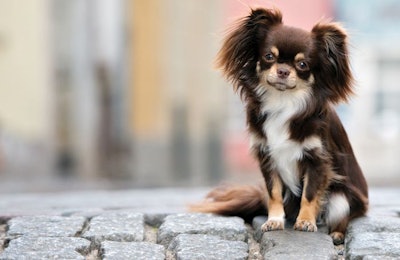
The Chinese government's current wide-ranging crackdown on big corporations could extend to businesses in the pet industry.
Beijing is conducting a deep scrutiny of technology companies after upending its tutoring industry and putting online insurance firms on notice for improper practices. Companies that have been subjected to regulatory resets are accused of monopolizing business, causing wealth and educational inequality, exploiting user data and discouraging parenthood. Other sectors deemed to be of national interest and that might run counter to President Xi Jinping's efforts towards improving common prosperity and encouraging people to start families could be the next subjects of policy checks.
Why the pet industry might get a closer look
Falling demographics and the open admission by many young Chinese that they prefer having pets than kids of their own puts a target on the entire pet industry. Based on the 2020 Chinese Pet Industry White Paper, 57.1% of pet owners see their dogs, cats and other kinds of pets as their children, followed by owners who see their pets as family members.
A new report by Chinese market data provider CBNData finds some correlation between the years of continuous drop in human birth rates and the steady rise in pet ownership in China where the population is now over 1.4 billion and about 63 million of them have pets.
The majority of pet owners are female and in their child-bearing years (36.2% of the pet owners were born post-1980s while 38.1% were born post-1990s). China's 2020 fertility rate stands at 1.3 children per woman, but the target was 2.1 to keep their population numbers strong. 2020 was also the fourth year in a row when China experienced a decline in total births, falling 18% to 12 million. In an effort to turn things around, China recently passed into law a policy that allows women to have three children.
Currently, there are some types of pet regulations in different Chinese cities, primarily in relation to a pet dog's breed and size and allowed outdoor activities. Beijing, for example, has banned dogs taller than 14 inches.
But under the prevailing business climate, the ruling Communist party could introduce new regulations to rein in the pet craze by limiting pet ownership or discouraging excessive spending on pets so that people might shift their focus on making babies instead. State regulators might also crack down on pet farms and breeders in the name of animal welfare and implement new pet food manufacturing regulations that favor plant-based diets instead of meat to lower pets' environmental impact.
In the last five years, China's pet market has become a US$32.3 billion business, and in 2020 Chinese pet owners each spent an average of US$1,040 primarily on pet food followed by other pet products and services.















